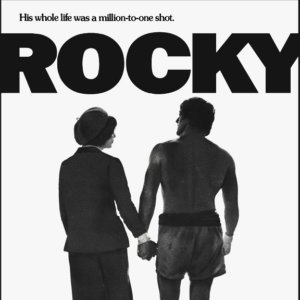An ounce of prevention is worth a pound of cure. We have all heard this time and again, but does it hold water in the legal profession? In the case of Marvel comic artists, it might. Lesser known artists and writers have been speaking out in recent times as Disney ramps ups its Marvel productions, spinoffs, and series to call out what they think is misleading contractual obligations on the part of Marvel. Indeed, the “mathematics” used to compute payments for uses of their works in films like Black Widow, or Doctor Strange seem a pittance when compared to the huge box office earnings of these summer blockbusters. But when an artist, or writer, is lesser known, new to their career, despite their talent, employers take advantage. It is the art of the publisher’s bargain as they say, to drive the cost of labor down to increase the chance of profits. But at what point does the value saved from a few films dim in the light of reputation? On the other side of the fence, no one is forcing an artist to take a bad deal.
Let’s take a look at Rocky. This film was released in 1976. This was arguably Stallone’s first major role, a breakout piece for him. He wrote and starred in it. My bet is that Stallone wrote the script as a “work made for hire,” for producers, which is the standard. Meaning, Stallone does not own nor even author the work (though he gets film credit) of the copyright. Now, Stallone is making headlines again that a spinoff is set to release featuring his Rocky competitor, played by Dolph Lundgren. It would seem, according to reports, that Stallone adamantly wants his “rights back,” though unless he wrote the script before making the deal, that is likely never going to happen unless the rights are awarded to him in some form of dispute. But on what basis? It may be that Stallone is simply upset that he signed away his rights when he had less bargaining power, was a newer actor, and eager to be a star.
We always suggest having a lawyer look at your deal before signing it. This applies to all deals – agency deals, publisher deals, studios deals, and basically any contract where your time, talent, and treasure are at stake. It pays to have counsel in your corner, if only to advise you on the bad deals as they present. I have seen clients take bad deals – but they do that with both eyes open knowing the backup plan, and the consequences. But that is so much better than getting a surprise, 5, 10, or 45 years later. If you are looking at a contract, and it seems too good to be true, or you are sure that something isn’t right, or you just want a second pair of eyes, we would be delighted to help. Book now.




